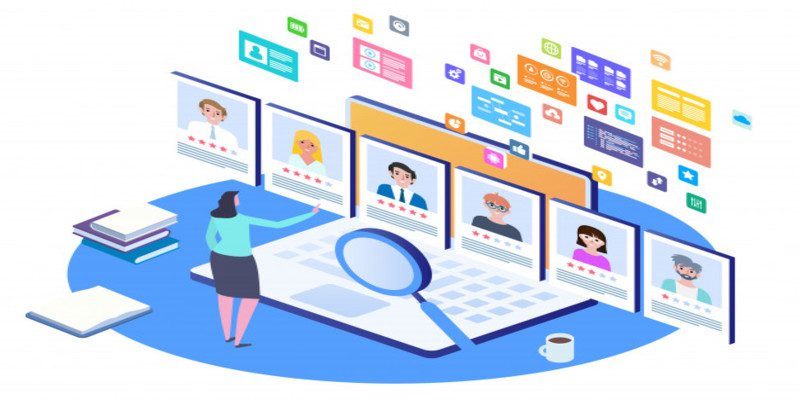
Types of interview conducted by any employer (And the Pros and Cons of Each)
Different Types of Interviews (And the Pros and Cons of Each)
In fact, there’s no right or wrong way to run an interview.
Each method, system, and technique has its own pros and cons, considerations, and preparations depending on your industry, business, and therefore the advertised position then on. It’s all about looking for what works best for you and your company according to your time management …
During this blog, we’re aiming to assist you therewith.
Below, we are going to discuss the various differing interviews and their advantage, disadvantages & challenges for your consideration.
Let’s come back to basics.
01. The Telephone Interview.
Telephonic interviews are important on the grounds that they accelerate the meeting method and spare the time of interviewer while calling your more vulnerable applicants prior to.
A face-to-face interview will take up a while also as your candidate’s, so having a quick chat to see whether they’re suitable, before meeting up, will benefit both of you.
A CV just recounts to an area of the story; hearing the competitor’s manner of speaking and surveying their explicit replies answers will give how progressively definite understanding into their character.
How long should it take?
In general, an interview should take about a half-hour i.e. 30 min., providing you with both an opportunity to warm up for five minutes (05 min), check one another out for 20 minutes, and warm down for five.
Of course, if a candidate manages to stay you on the phone for extended than a half-hour with engaging conversation, that’s an awfully good sign
Advantages:
- It’s quicker than a face-to-face interview.
- It’s cheaper than a face-to-face interview.
- It’s less effort for you and therefore the candidate.
- You can assess the candidate’s telephone manner.
- You can reach long-distance candidates.
- You can cull the weaker candidate right at the beginning of the method.
Disadvantages:
- The call might be interrupted (bad signal, other calls, background noise).
- You can’t read a candidate’s visual communication.
- You may need to schedule it outside of working hours (if their employers don’t know).
- It’s difficult to create the maximum amount of rapport via the phone
02. The Video Interview.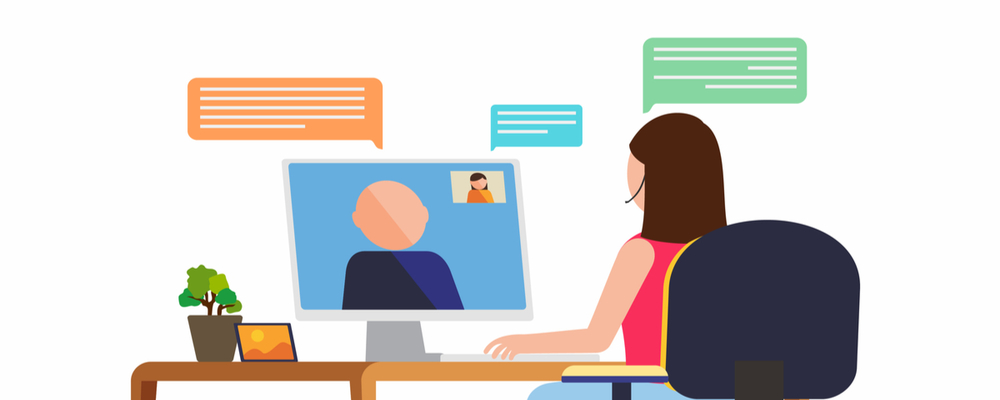
Video interviews (Skype, Google Meet & Hangouts, Zoom, and Face Time) are an excellent alternative to telephone interviews.
The fact that you simply can actually see one another adds a definite level of importance and professionalism to the ‘call’ and removes the temptation for either party to multi-task or lose focus.
Of course, you may still face similar issues to people who plague the telephonic interview.
Background distractions could still occur, other calls could come through, the bad signal could distort the conversation, and, as you’ll be able to both see one another, there’s no hiding from them!
How long should it take?
Video interviews will vary long, counting on the situation…
If used as a substitute for the telephonic interview, at the start of the method, then it should last roughly half-hour i.e. (30min).
If used as a substitute to the individual face-to-face interview, nearing the top of the method (either a gaggle video chat or one-to-one) then it should last roughly an hour.
Advantages:
- It’s quicker than a face-to-face interview.
- It’s cheaper than a face-to-face interview.
- It’s less effort for you and therefore the candidate.
- You can reach long-distance candidates.
- You can cull the weaker candidate right at the beginning of the method.
- You’ll be ready to tell if they’re focused (or just reading from notes).
Disadvantages:
- The video call might be interrupted (bad signal, connection, background noise).
- You’ll find it difficult to read the candidate’s visual communication.
- You may need to schedule it outside of working hours (if their employers don’t know).
- It’s difficult to create rapport via a video chat.
- You need to look professional and focused (unlike via the telephone).
03. The Panel Interview.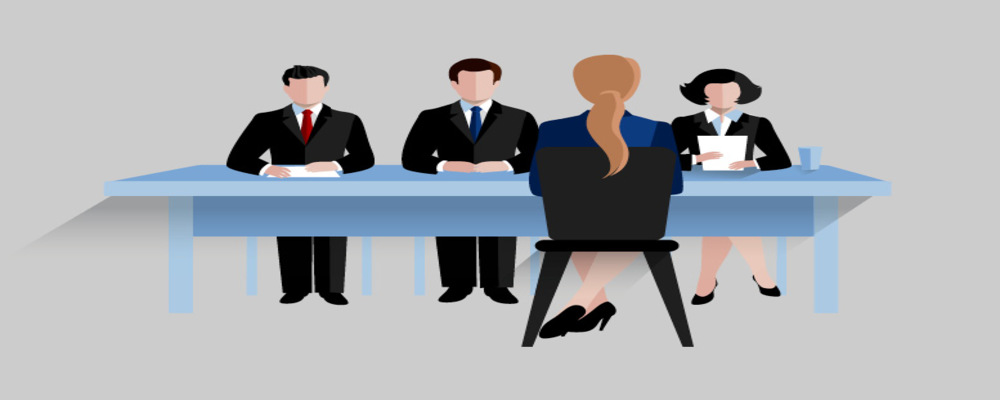
Panel interviews are equivalent because of the individual, face-to-face interviews, but with two or more interviewers within the room.
The main advantage of panel interviewing is that it precludes any personal biases that may creep into the assessment process.
Each interviewer will acquire on different characteristics, strengths, and weaknesses and together (hopefully) make a way fairer judgment.
The panel interview is sometimes conducted because the sole or final step within the interviewing process to require place rather than a personal interview and following any telephone and/or group interviews.
How long should it take?
Panel interviews should be conducted at least 45-60 minutes or depends on the board of interviewer, at the very least, providing you with an appropriate amount of your time to figure out whether the person is fit for the right position.
A really great interview will last longer than an hour; your candidate must be doing something right if they’ve managed to have interaction with you within the conversation for such a protracted amount of your time.
Advantages:
- No personal biases.
- The chance to match different opinions.
- More chance to urge notes (while others talk).
- All relevant people meet at an equivalent time.
- Weak interviewers might need back-up.
- The candidate gets an opportunity to satisfy everyone.
Disadvantages:
- Some interviewers could get complacent.
- It might be overwhelming for the candidate (scary!)
- Interviewers could interrupt one another, striving for dominance.
- There’s a risk of disagreement.
04. Assessment Day.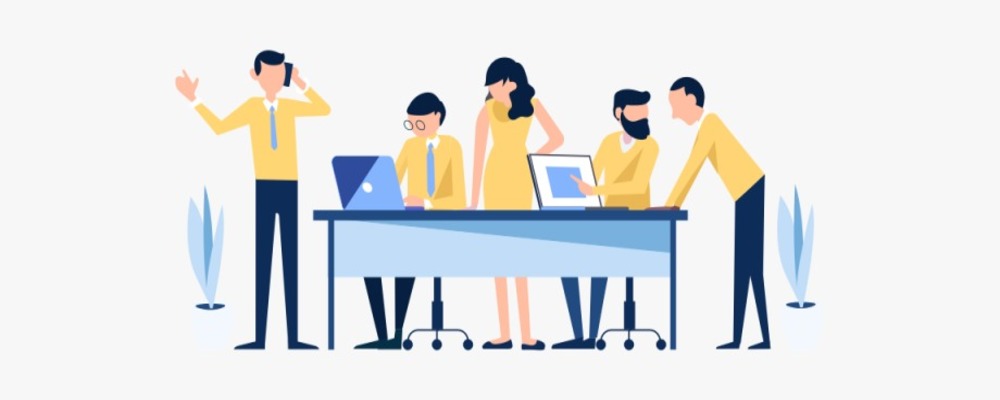
Assessment “days” may be accustomed to verify larger businesses of interviewees at an equivalent time, for loads of various talents.
Common among graduate employers, they are an amazing thanks to evaluating candidates in additional detail, for a prolonged length of your time.
In case you are interviewing a huge amassing and your workplaces pretty small, it’s a smart concept to search out a neighborhood campus or venue awareness to have the day for you.
How long have to it take?
Most assessments arise throughout the complete day or someday (even though a few corporations are regarded to host week-long assessment interviews).
They’re commonly utilized in mild of the fact that absolutely the first enlistment or recruitment step, to research the remarkable or extra-ordinary applicants in a very large crowd, or due to the fact the handiest step, with a personal interview, booked sooner or later, this means that the full manner is finished in just eventually.
Advantages:
- You can examine an awesome range of capabilities.
- Extra time to induce to understand every one of the applicants.
- It minimizes legal threats and is a smaller amount of disputable.
- You can investigate interpersonal abilities and teamwork.
- You can interview all applicants directly.
- It sparks a competition
Disadvantages:
- Tougher to manage effectively.
- The pressure will put some applicants off.
- You’ll cognizance for an extended time.
- Dominant personalities will quash others
- You could miss something or someone
- Harder to build rapport with individuals
- Some applicants work better individually
- It requires greater staff to tug off
05. Group Interviews.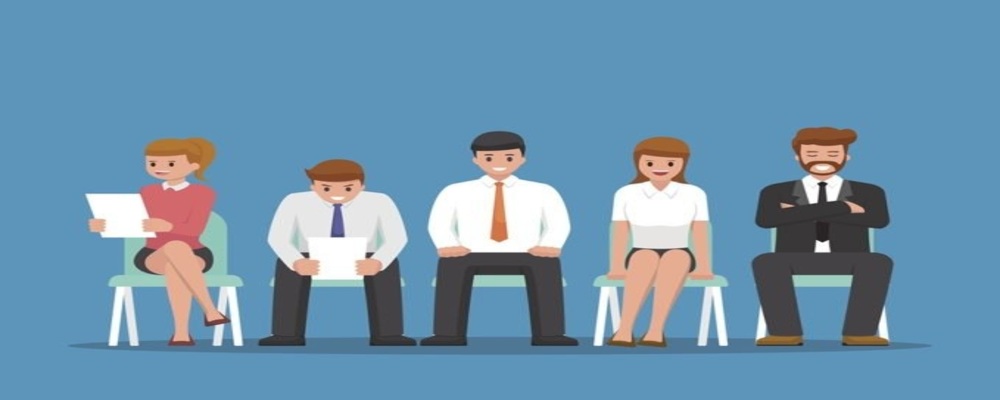
Group interviews are used lots less regularly than the opposite interview strategies we’ve mentioned, but they nonetheless have their region in current recruitment.
You could conduct your organization interview in key ways… like a personal interview; asking precisely the identical questions that you simply could invite a personal interview, openly, to the total institution, permitting candidates the chance to compete to impress.
Or much like the assessment day, with quick introductions, main into group duties and activities.
How long must it take?
Group interviews that supplant the person interview need to close approximately an hour and an absolute minimum of 45 minutes.
Of course, interviews that comprise institution-work responsibilities are much extra difficult to organize and can invariably final longer, so permit yourself longer.
Advantages:
- You can determine an excellent variety of abilities.
- You can investigate interpersonal skills and teamwork.
- It’s quicker (than evaluation days).
- You can interview all candidates directly.
- It’s an honest method to cull applicants early.
- Sparks competition.
- Less character pressure on applicants.
- Out of the norm generates actual answers.
Disadvantages:
- Tougher to administer effectively.
- The weight will put some competitors off.
- Dominant personalities will quash others.
- Tougher to create rapport with individuals.
- Some applicants work higher individually.
- It requires more staff to drag off.
06. Individual (face-to-face) Interviews.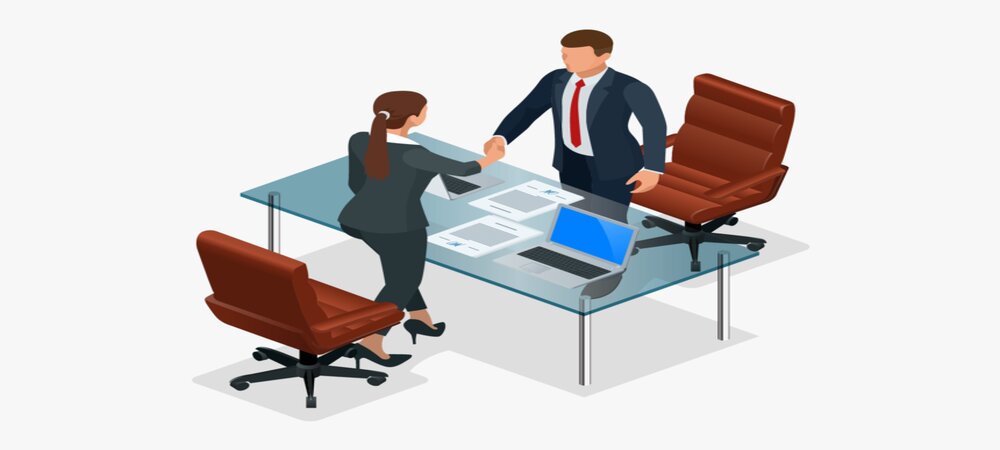
Individual, face-to-face interviews are far and far away from the foremost popular and efficient form of assessment.
Allowing you to urge up close and personal with each candidate while keeping a watch fixed on their communication is much simpler than the opposite interviewing format
Think about it: do you find it easier to form a relationship with someone over the phone or face-to-face?
How long must it take?
You can tell tons about a private interview, by how long it takes. As a general rule…
A personal interview will take place around 30 minutes or less would imply a less-than-average candidate. Either they didn’t grip you in the least and answered with the bare minimum or something was seriously wrong and you only wanted to urge them out of the space (or vice versa).
45 minutes is roughly average. This kind of face to face interview shows that the competitor is taking part in the discussion, extending, and replying with detail. This may be a sound extraordinary possibility for the work.
Advantages:
- You’ll build rapport more easily
- You’ll thoroughly assess the individual
- You’ve got the opportunity to dig deeper
- You’ll read their communication
- You’ll test the candidate’s commitment
- You’re increasingly adaptable with area/style (casual/formal).
Disadvantages:
- Candidates can rehearse answers
- It’s time-consuming
- You’ll need a trained interviewer.
- Interviewer bias will affect the selection
- There’s nobody present to assess the interviewer’s method
- It’s costly
- Interview techniques may be inconsistent
- Possible interview fatigue
Summary: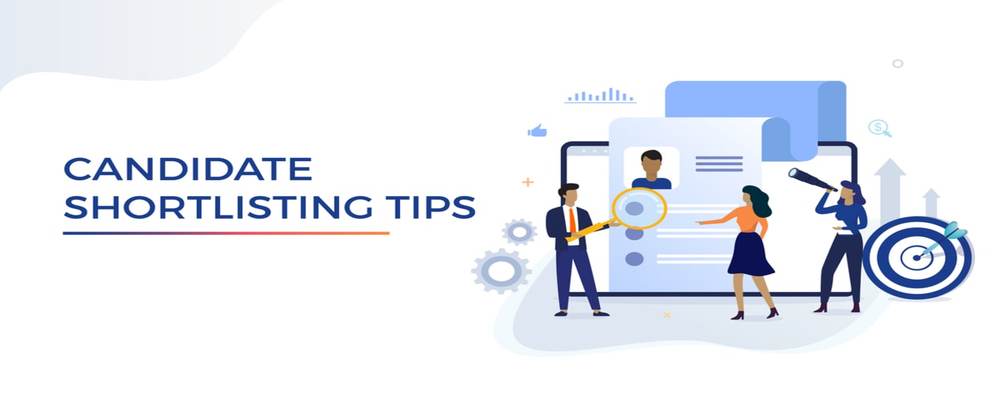
You should always personalize your interviewing technique, structure, and goal, in accordance along with your business, industry, and job role on offer. Work to your strengths and check out different techniques to visualize what works best.
As we would like to inform our organisation i.e. Aims Global Consultants provides the hiring/recruitment support to many corporate organisations. Our organisation mainly engaged in HR Recruitment & Manpower Placement Service for the last 07 years in Kolkata, India. We understand the hiring needs of our clients & conduct the interview on behalf of them to find suitable manpower for their organisation.
Always contact us for the hiring needs of your companies/organisations. Our professional recruitment team will assist you the hire the best talents from the industry.
Good luck with the interviews for your hiring needs.
